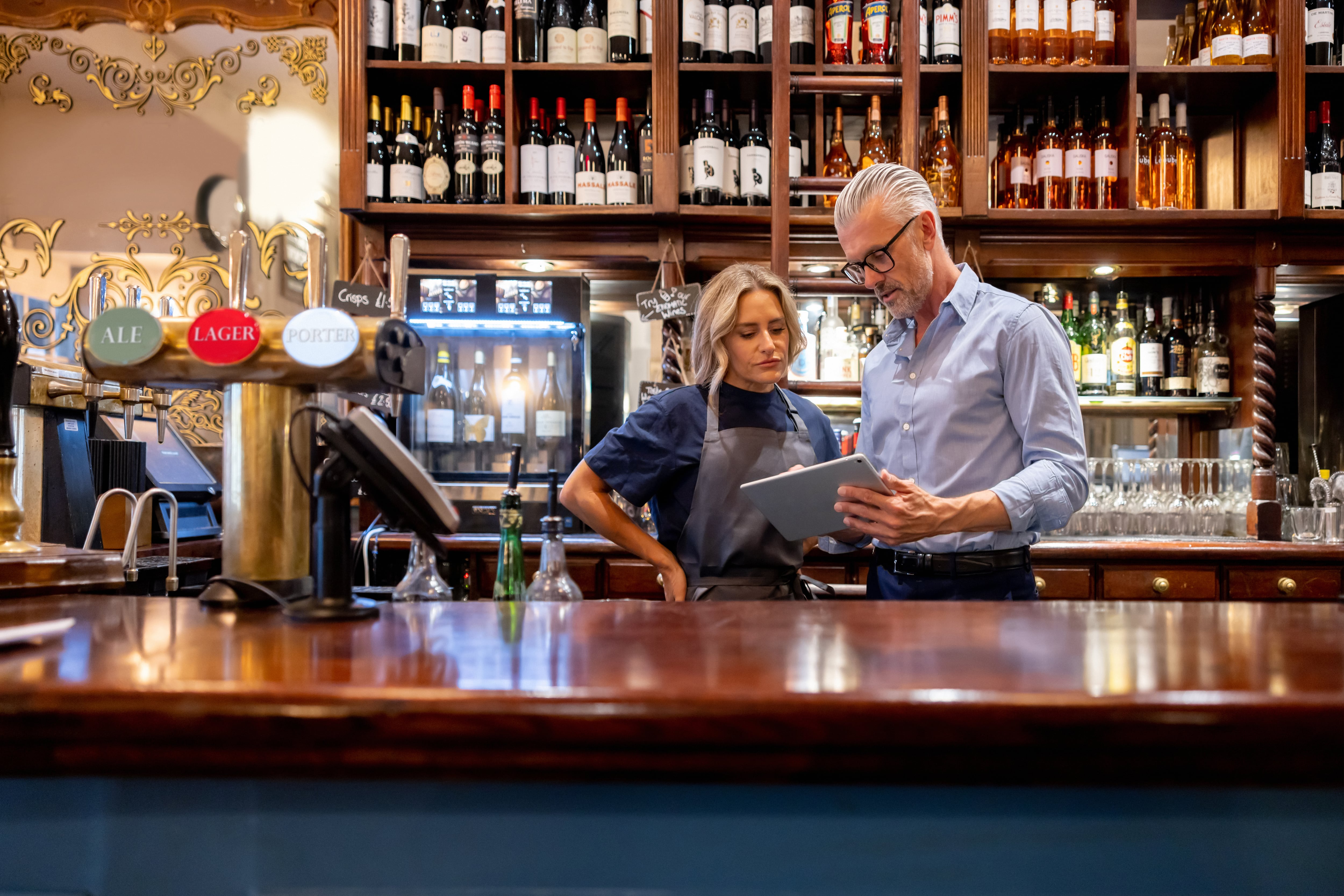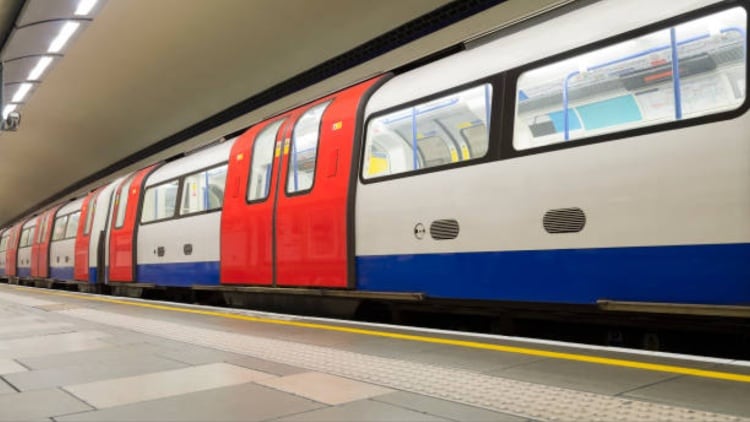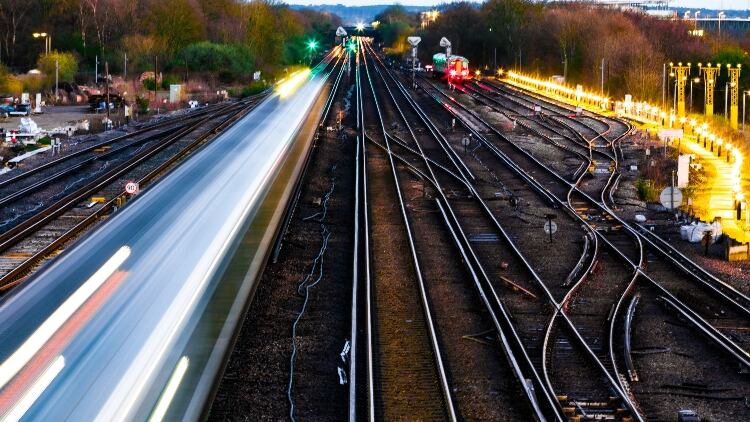The first walkouts began in June 2022 amid disputes on pay and working conditions, and despite brief pauses following union deals, fresh London Underground strikes are set to take place between Sunday 7 and Friday 12 September.
Industrial action has cost the hospitality sector £4bn in lost sales over the past three years, according to figures from trade body (UKHospitality) UKH.
Significant impact
UKH chair Kate Nicholls said this has had a “significant impact” on hospitality business and warned further action would again hit footfall and sales, particularly in London, where previous action has cost businesses millions.
Nicholls told The Morning Advertiser (The MA): ”This level of impact comes at a time when businesses can least afford it, having just been hit with £3.4bn in additional annual cost.
“It’s crucial all parties involved get round the table to negotiate a solution that can avoid these damaging strikes, and that the Government acts on our calls to lower business rates, fix NICs and cut VAT at the Budget this autumn.”
On top of cost pressures and decreased footfall, industry leaders have also previously raised concerns around the safety of staff getting home late at night.
Stifling growth
Night-Time Industries Association (NTIA) CEO Michael Kill told The MA: “Since 2022, rail and tube strikes have cost the UK’s night time economy billions in lost revenue, severely undermining recovery efforts.
“When people cannot rely on transport, they stay closer to home or don’t go out at all. In the UK, that has meant cancelled cultural moments such as the recently rescheduled Coldplay shows, and the severe knock-on effects across pubs, clubs, restaurants, hotels and theatres.
“At a time when rising costs already squeeze operators, transport disruption has compounded the pressure.
“Without reliable services, we risk stifling growth, losing audiences, and undermining the vibrancy of our nightlife.”





